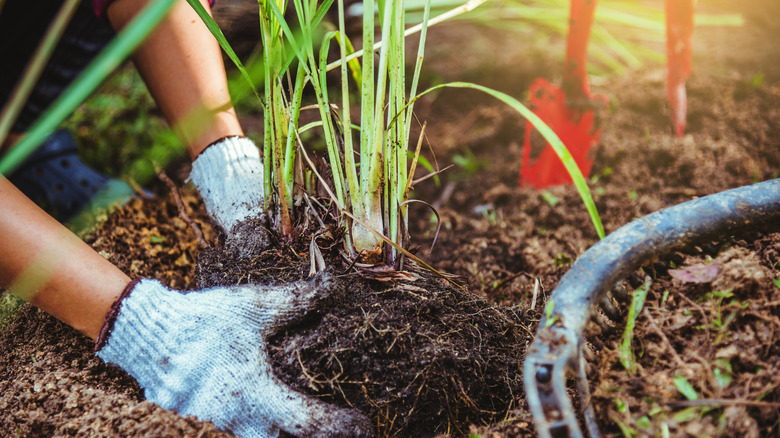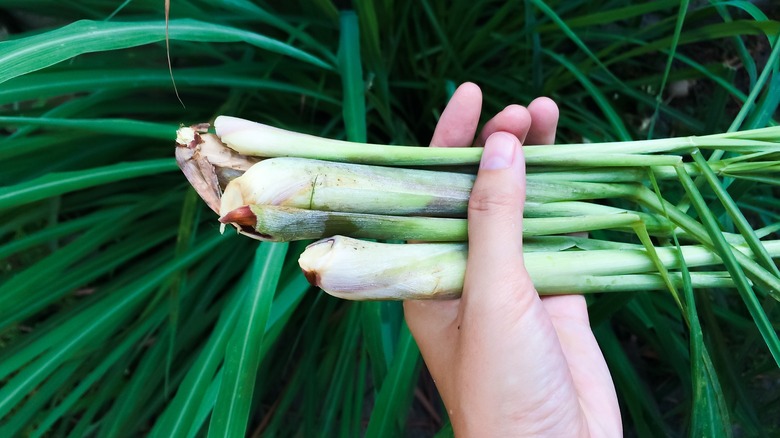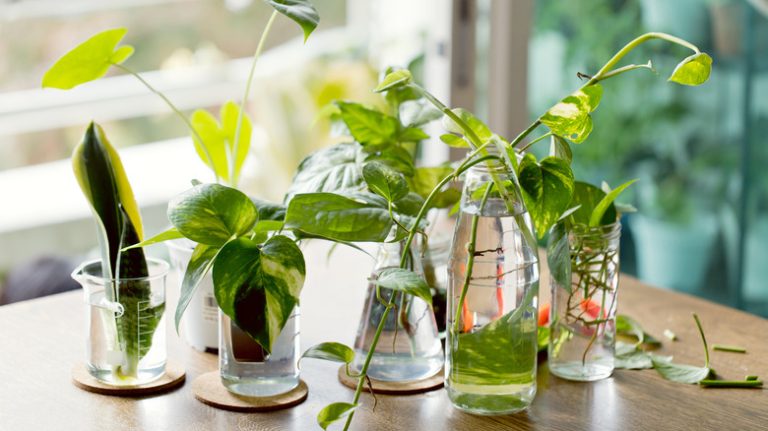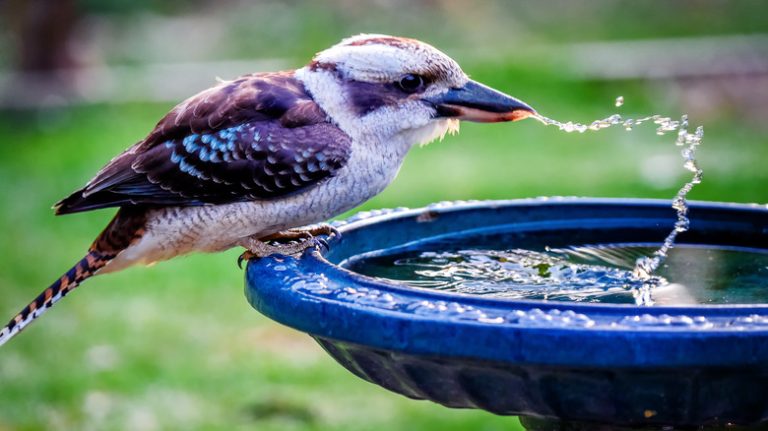We all know the worries that come with growing a home garden. Spider mites, mealybugs, and worse, mice. But what if we told you your garden could be the remedy to solving all of your pesky rodent problems — humanely? The answer is lemongrass — a natural citrus grass species that’s actually used in many different ways. Though it’s a great-tasting herb used in various foods like soups, salads, and curries, lemongrass has a naturally pungent oil that acts as a pest relief. Because mice are more attracted to light, floral scents, they do not bode well with lemon-like smells.
The science behind this starts with limonene, a chemical found in oranges, limes, lemons, and grapefruits. An orange peel can actually make up for 97% of the essential oil. This natural additive is the base for many botanical insecticides like PureCrop and AzaGuard. Like flies, ticks, and ants, mice are also on the list of pests that will quickly exit once the smell hits their noses.
As we all know, poison is not the way to go. With the food chain being in a constant loop of predator and prey, poisoning one mouse could mean a lot worse for the rest of the ecosystem. So, substituting lemongrass in an oil or plant form is a remedy that will simply drive mice away rather than adding fuel to the fire of animals at risk.
How to grow lemongrass in your garden

On the flip side, lemongrass can be a lovely smell for humans. Even leaving a citrus peel in your garden can easily create a good-smelling odor that would assist your pest problems. According to a study presented at the 18th Wildlife Damage Management Conference, both food-based and natural citric acid aid rodent control programs and garden protection. Growing lemongrass will be a better option if you want to ensure your garden is a bit more protected, though. It acts as a natural insect and pest repellent and gives you the option to use it in your everyday recipes. Before growing some in your garden, ensure you know how to care for a lemongrass plant.
Lemongrass is tropical, so you want to be sure it’s grown in a warm environment. Plant in the spring to get the most out of full sun and rainy days, especially if your climate permits. With rich, well-draining soil, all the plant needs is perpetually wet roots and protection from wind damage or excessive cold. Be wary of thriving roots if you plan to grow your lemongrass in a pot. With proper care, they’ll grow thick and will need to be managed properly.
We recommend growing your lemongrass at the border of your more vulnerable plants. Mice love corn, blueberries, and sunflowers, so planting lemongrass near those will prevent rodents from even getting close to your precious plant babies, allowing for a healthy and sustainable lifestyle. Finally, you’ll be able to deter mice with an item you already have growing right outside your home.




